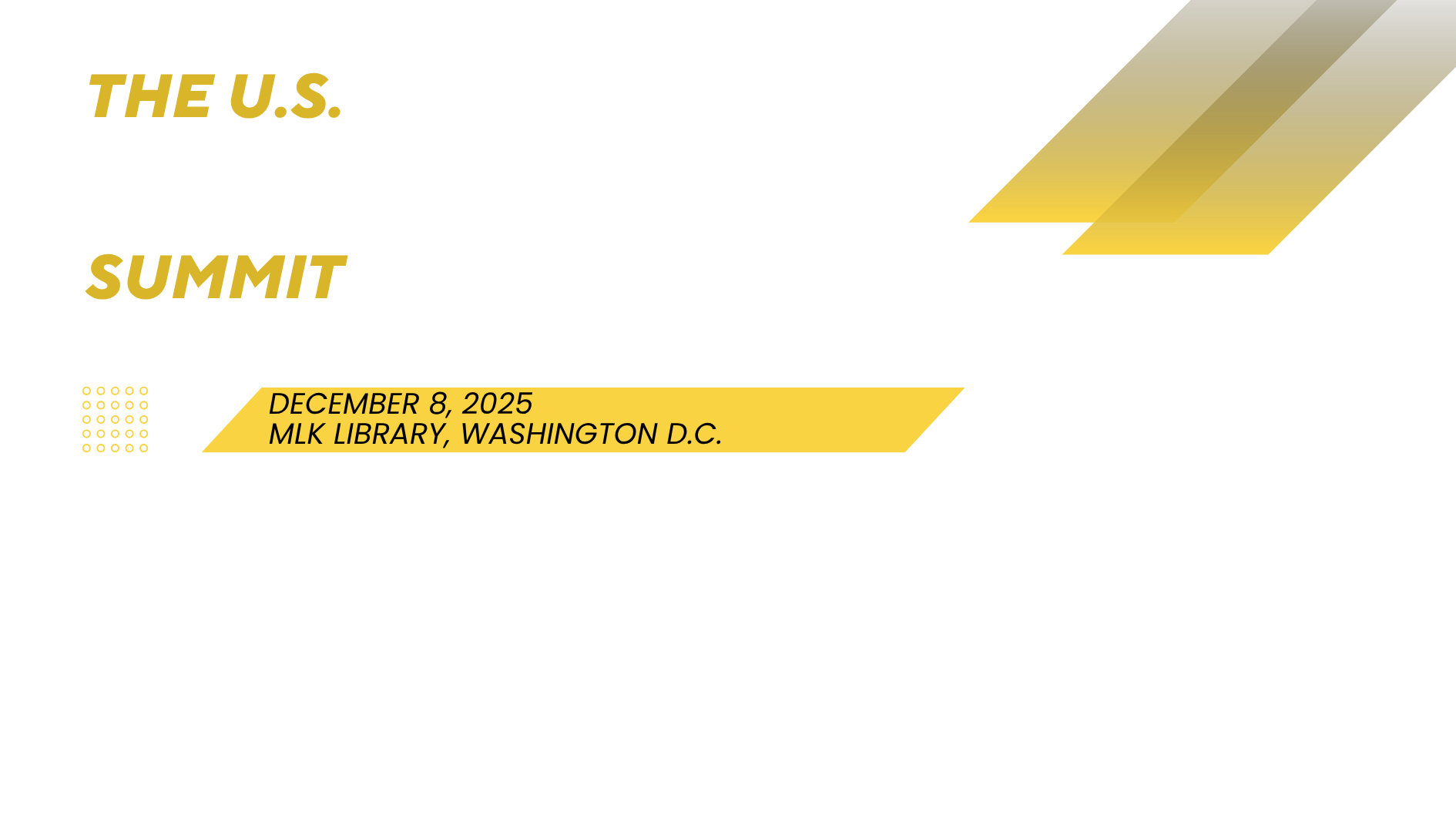
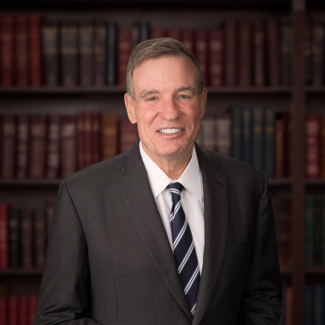
Bio coming soon.
U.S. Senator Mark Warner (D-VA)
(via video)
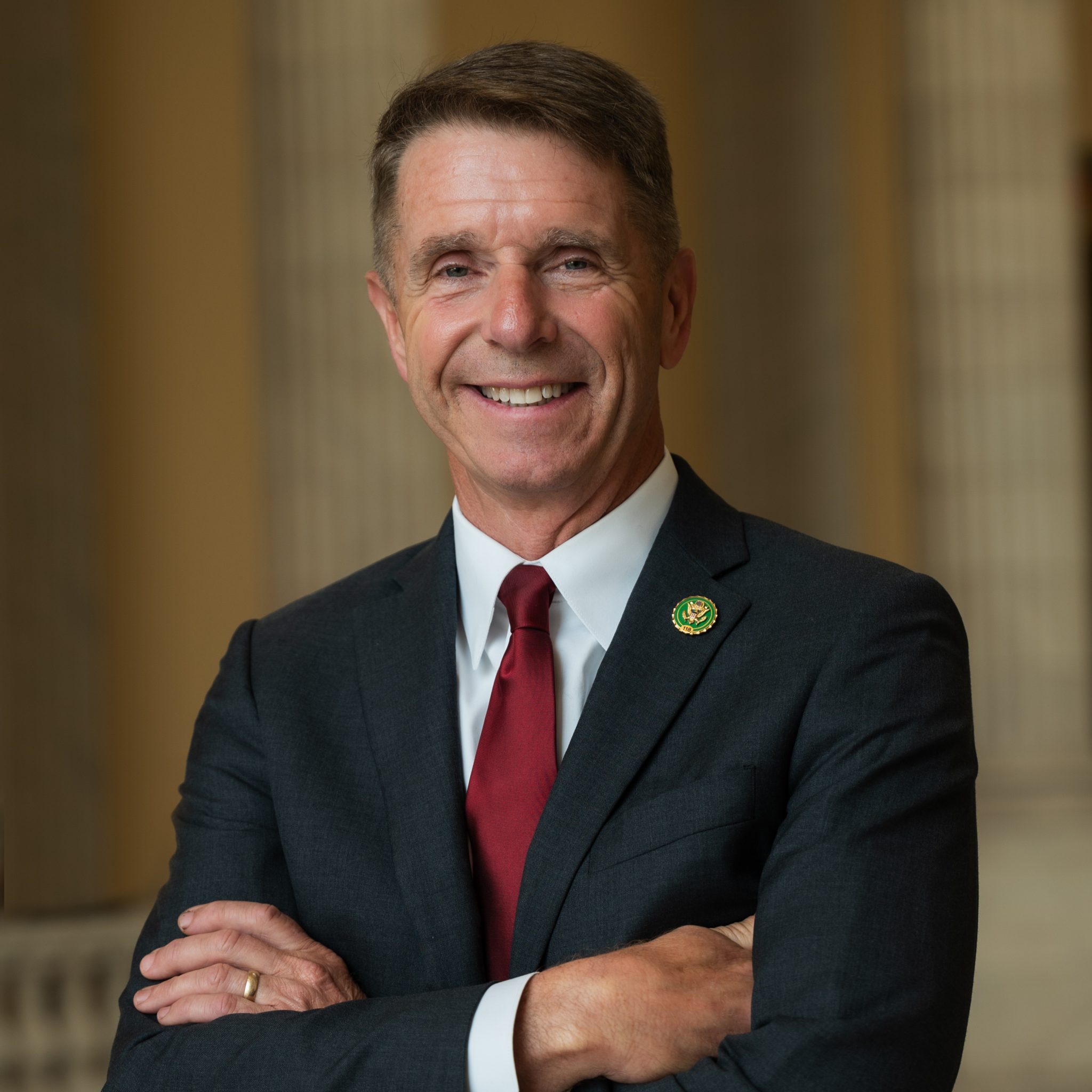
Bio coming soon.
U.S. Representative Rob Wittman (R-VA-01)
(via video)
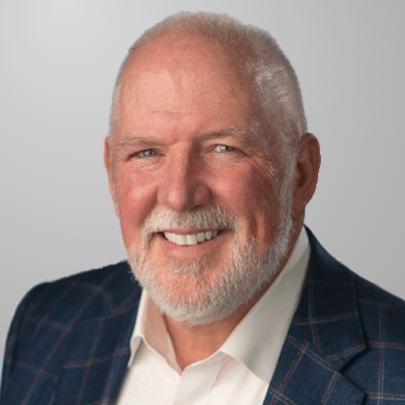
Bio coming soon.
Brian Hanlon
Director, Department of Buildings
District of Columbia

Bio coming soon.
Emily Domenech
Executive Director
Federal Permitting Improvement Steering Council (Permitting Council)

Ms. David has more than 20 years of experience advising financial institutions and developers on project finance transactions in the transportation, infrastructure, renewable and clean energy, water, oil and gas and petrochemical sectors. Her areas of expertise include developing and managing complex financial models, analyzing financial, market, and credit risks using a range of quantitative methods, structuring and negotiating financial mitigants to address project risks, and conducting due diligence on all aspects of a project. She has extensive experience with P3s, project financings, expansion financings, BOOs and loan guarantees.
Kristy David
Senior Vice President, Clean Energy & Infrastructure
JLL
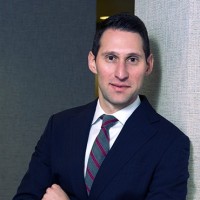
Bio coming soon.
David Lieberman
Senior Director, U.S. Government Relations
Bentley Systems
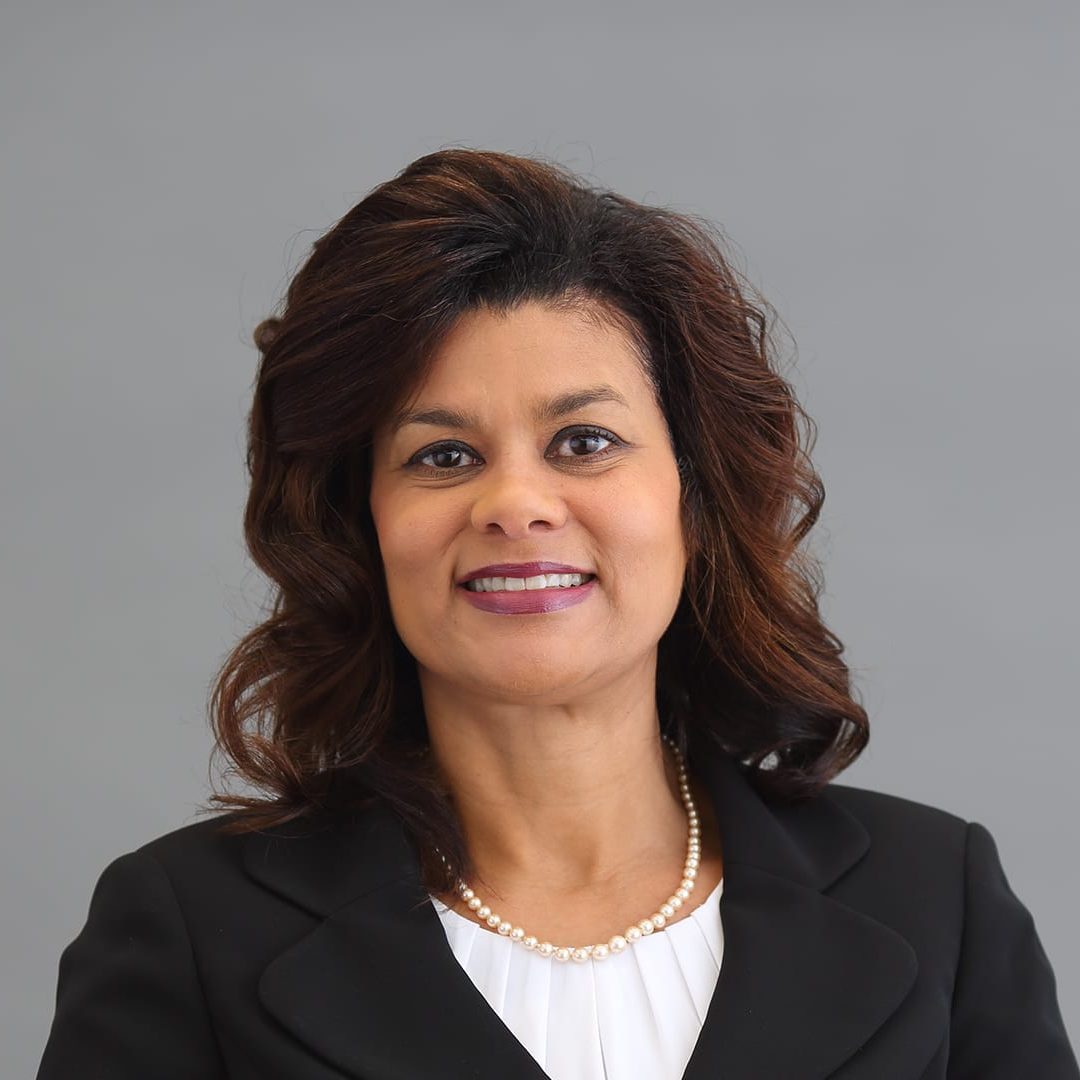
Bio coming soon.
Lori Murphy Lee
Senior Regulatory Manager
PJM Interconnection
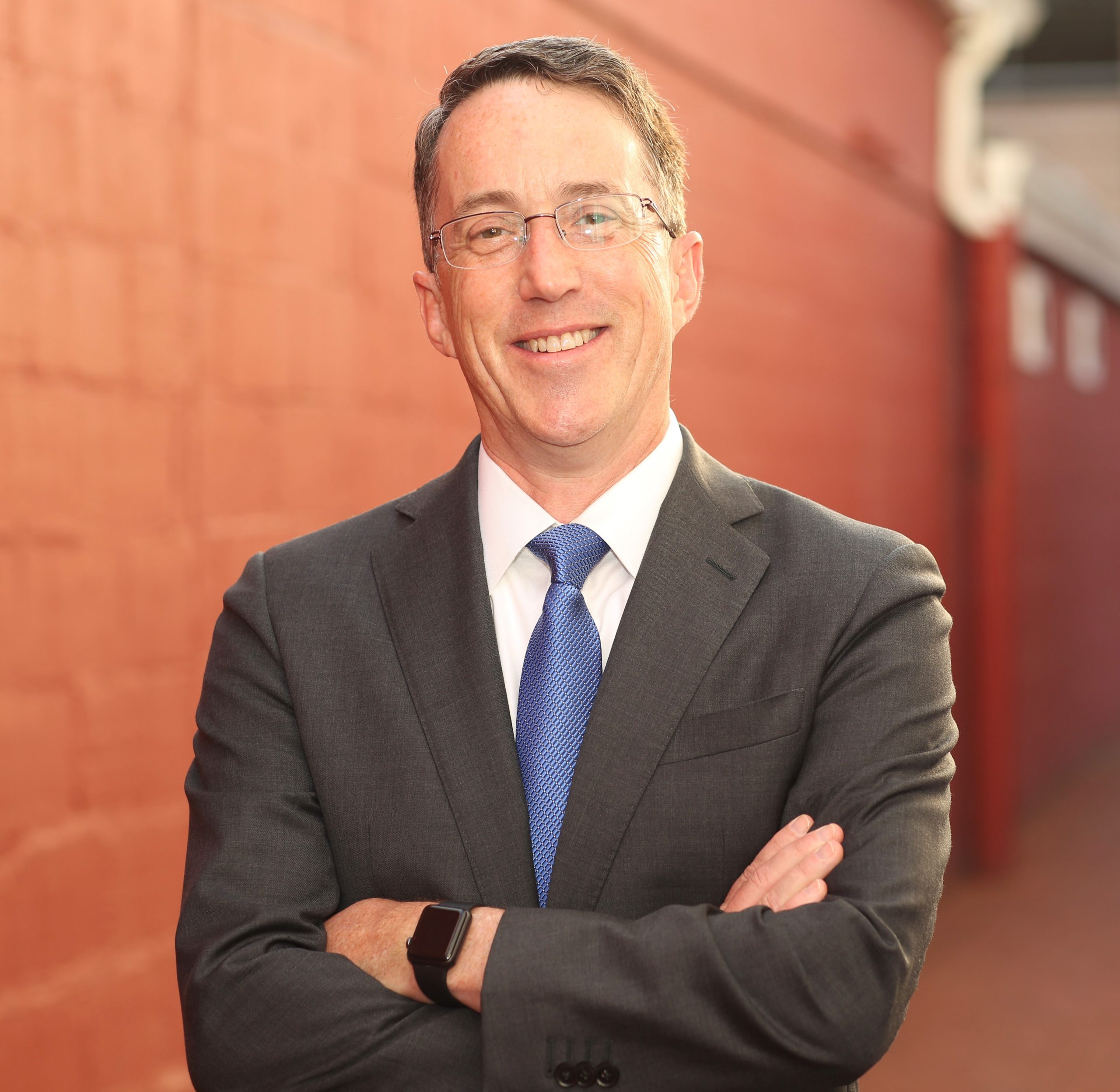
Bio coming soon.
DJ Gribbin
Founder
Madrus LLC and Former White House Infrastructure Advisor
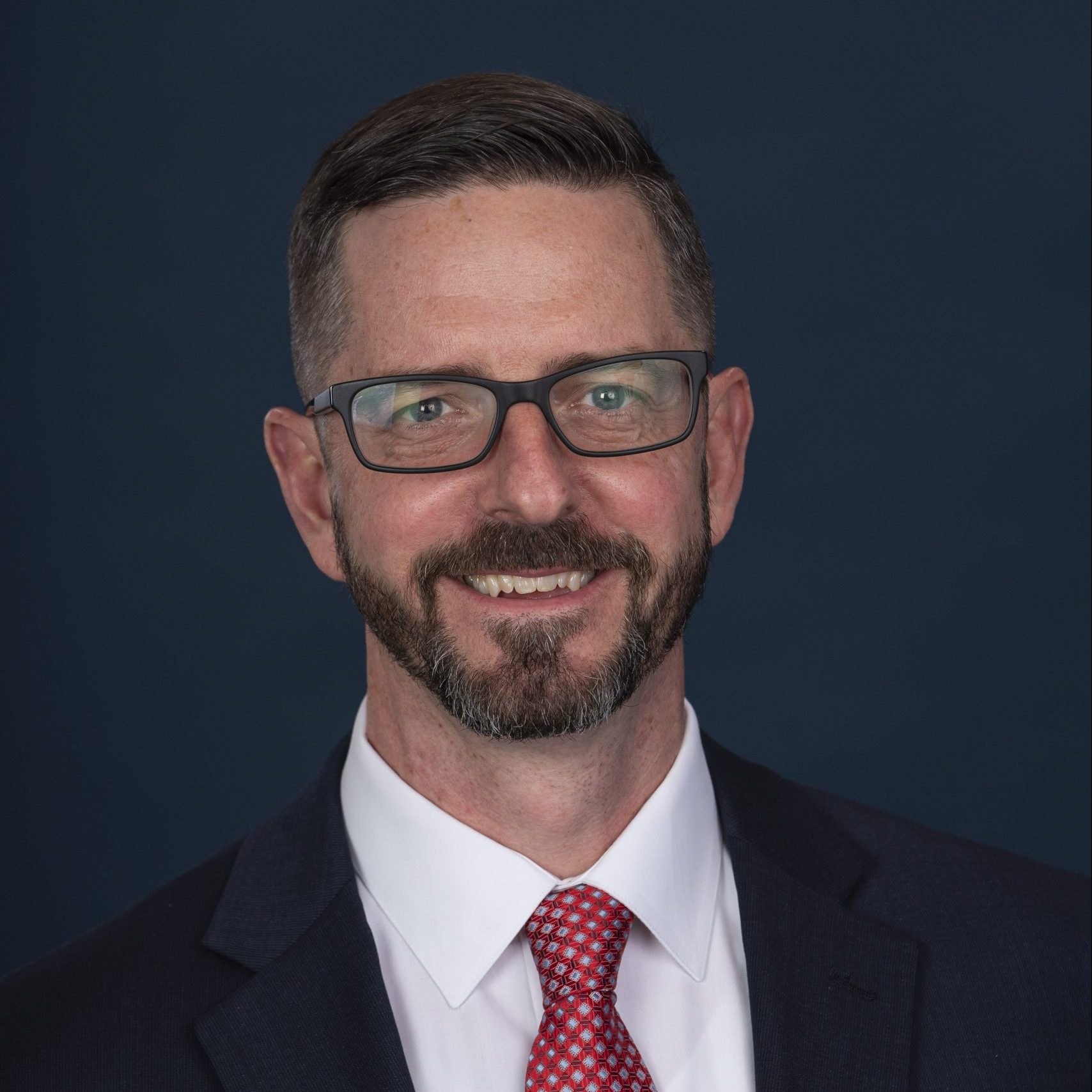
Bio coming soon.
Chad Whiteman
Vice President, Environment and Regulatory Affairs
U.S. Chamber of Commerce
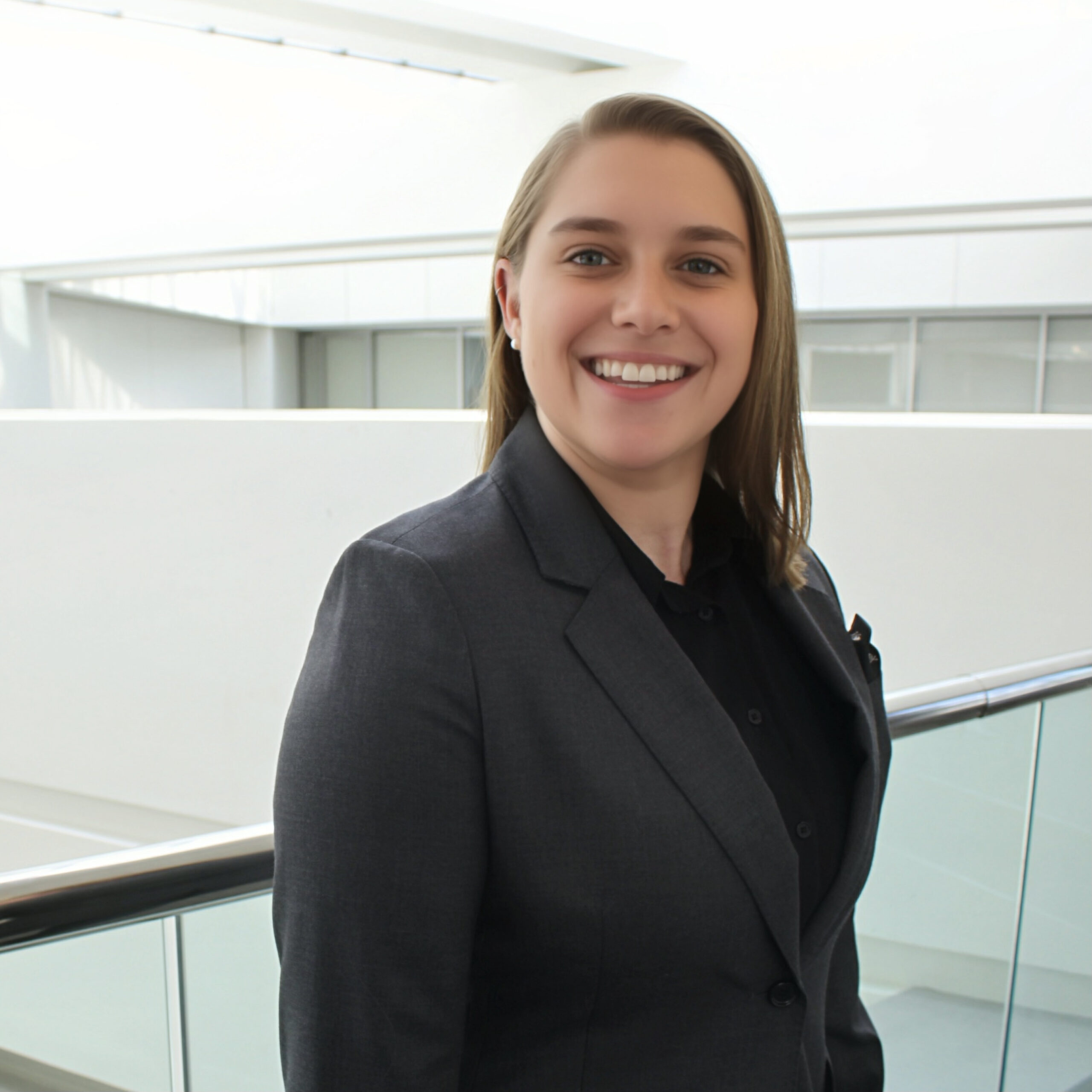
Bio coming soon.
Christina Baworowsky
Senior Vice President
Citizens for Responsible Energy Solutions (CRES)
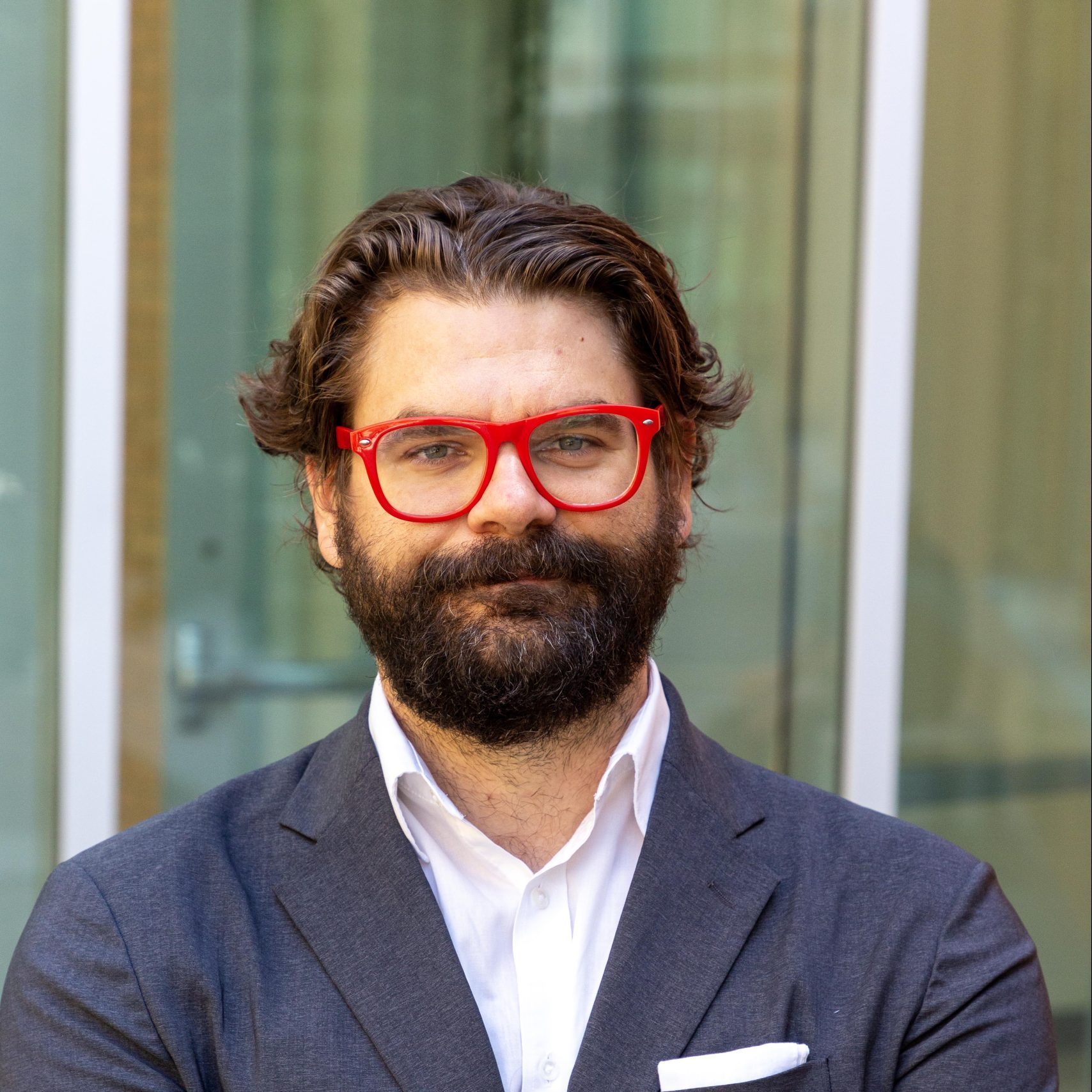
Bio coming soon.
Will Rinehart
Senior Fellow
AEI
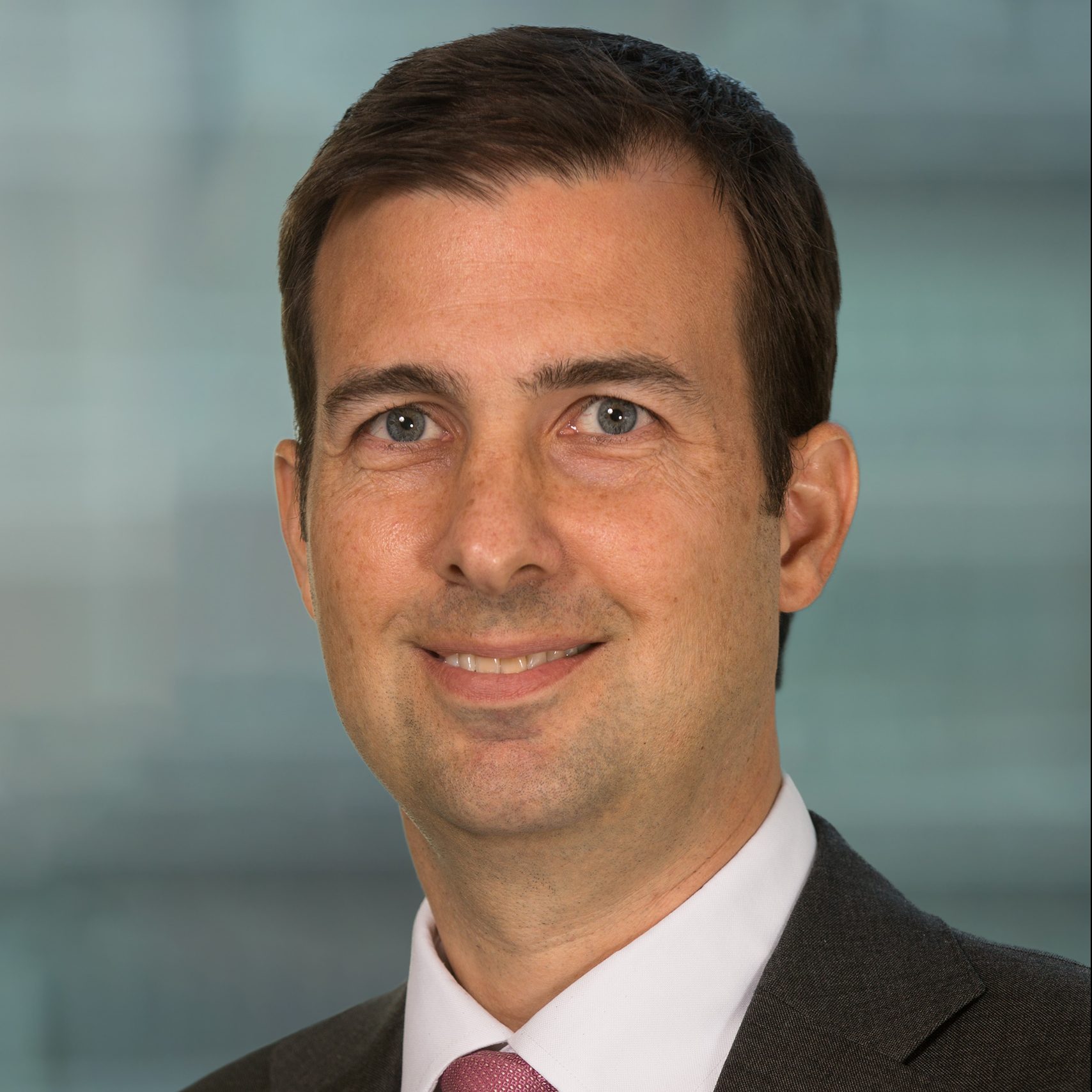
Bio coming soon.
Colin Grabow
Associate Director
Cato Institute
In a time of renewed focus on American competitiveness, this opening session will set the tone for the day with strategic insights on how the U.S. will strengthen its industrial base, deliver infrastructure more efficiently, and reinforce energy and supply chain resilience.
Powering America’s Next Industrial Wave
Access to reliable, affordable energy is now the defining factor shaping where and how America builds. As demand from manufacturing, construction, and data centers accelerates, grid constraints and rising power costs are increasingly determining project feasibility and timelines.
This session explores how the U.S. can expand capacity, enhance grid resilience, and integrate on-site and distributed energy solutions to meet surging industrial demand — while aligning energy independence goals with the practical realities of onshoring and rapid infrastructure delivery.
Low-Waste Innovation, American-Made Inputs, and Durable Design
The materials that power construction and manufacturing — from concrete and steel to glass, timber, and insulation — are evolving to meet today’s performance and cost demands. This session explores how circular design principles, reuse strategies, and advanced production techniques are helping to extend material life, reduce project waste, and enhance resilience across supply chains.
With federal and private sector buyers increasingly focused on long-term performance and lifecycle value, speakers will explore where innovation, procurement, and policy intersect to scale smarter material choices.
How digital design tools and automation are reshaping how America builds
From building information modelling (BIM) to advanced simulations and automation, digital tools are rapidly improving how we design and deliver projects. This session looks at how early-phase digitisation reduces inefficiencies, prevents rework, and unlocks the full benefits of AI across construction and manufacturing.
The conversation will also examine how public-sector innovation initiatives — including those focused on permitting technologies and infrastructure delivery — are helping to normalise the use of digital design in federally supported projects.
Fast-Tracking Projects Through Smarter Permitting, Procurement and Delivery Tools
Getting infrastructure and industrial projects off the ground requires alignment between approvals, capital, and delivery. This session highlights practical, bipartisan efforts to reduce red tape — from modernised permitting workflows to more flexible procurement models and financing mechanisms.
With examples drawn from both federal and state initiatives, this discussion offers insight into how these tools can reduce delivery timelines, increase cost certainty, and unlock innovation at scale.
Reusing Facilities, Modernising Production, and Strengthening Regional Industry
America’s next generation of industrial growth will come from both new investment and smarter reuse of existing sites. This session explores how cities, states, and the private sector are breathing new life into underutilised facilities, corridors, and industrial parks — using modern equipment, electrification, and circular approaches to create productive, future-ready hubs.
Speakers will discuss practical strategies, from adaptive reuse to regional development coordination, that are making industrial revitalisation a cornerstone of American economic resilience.
Reshoring, Regional Strength, and the Future of U.S. Manufacturing
As global markets shift, U.S. manufacturing is increasingly viewed as a national asset – critical to competitiveness, supply chain security, and economic growth. This fireside conversation will reflect on what it takes to build lasting industrial capacity across the country, and the role that public-private collaboration, innovation, and investment will play in making “Made in America” a long-term reality.



MotisCo is an events organizer and events consultancy business. We specialize in bringing communities together to address the world’s most pressing challenges. Through our own initiative events and strategic partnerships, our goal is to support existing efforts and build new networks to achieve meaningful change. The choices we make now will have a profound impact on our future. Start today, for tomorrow.
Partnerships are at the heart of the summit’s content, visibility, and influence—get in touch if you’d like to learn more and explore how to get involved
Simon Hayman | simon.hayman@motisco.com
The U.S. Construction & Manufacturing Summit 2025 will convene policymakers, business leaders, infrastructure developers, and innovators to address the future of American industrial competitiveness. From energy and permitting to materials, digital technologies, and workforce development, the event will spotlight how resilient construction and advanced manufacturing are central to rebuilding American industry.
Taking place under a new administration prioritising energy independence, supply chain security, and permitting reform, the summit offers a timely platform for public-private collaboration to accelerate U.S. infrastructure and manufacturing leadership.
Martin Luther King Jr. Memorial Library
901 G St NW, Washington, DC 20001, United States
Thanks to the generous support of our partners, this high-level conference is free to attend—giving you full access to the insights shaping America’s construction and manufacturing future.
Registration will open soon, but spaces are limited.

Applies to: Corporate, Trade Association, Law / Public Affairs Firm
Applies to: NGO/Not-for-Profit
Applies to: Academic / Student
Applies to: European Commission / Parliament / Council, EU Permanent Representatives, National Government / Regulator & Diplomatic Mission to the EU, Local Government / City Officials, Press
Please kindly note that this is a fully in-person event, there will be no virtual element to this event, so please only register if you are able to physically participate in Brussels.
This is a paid event, please see registration fees for each organisation type in the table below.
***Early Bird prices will apply until midnight on 6 September, 2024***

* Please note that fees do not include Belgian VAT @ 21%, and this amount will be added to the total price when you are invoiced.
© Copyright MotisCo. All rights reserved | Privacy Policy | Terms and Conditions | Cookies Policy | Booking Terms and Conditions |
MotisCo Limited is a company registered in England and Wales with company number 14180021.
Registered office is at Suite 5898, Unit 3A, 34-35 Hatton Garden, Holborn, London, EC1N 8DX, United Kingdom
Email: info@motisco.com